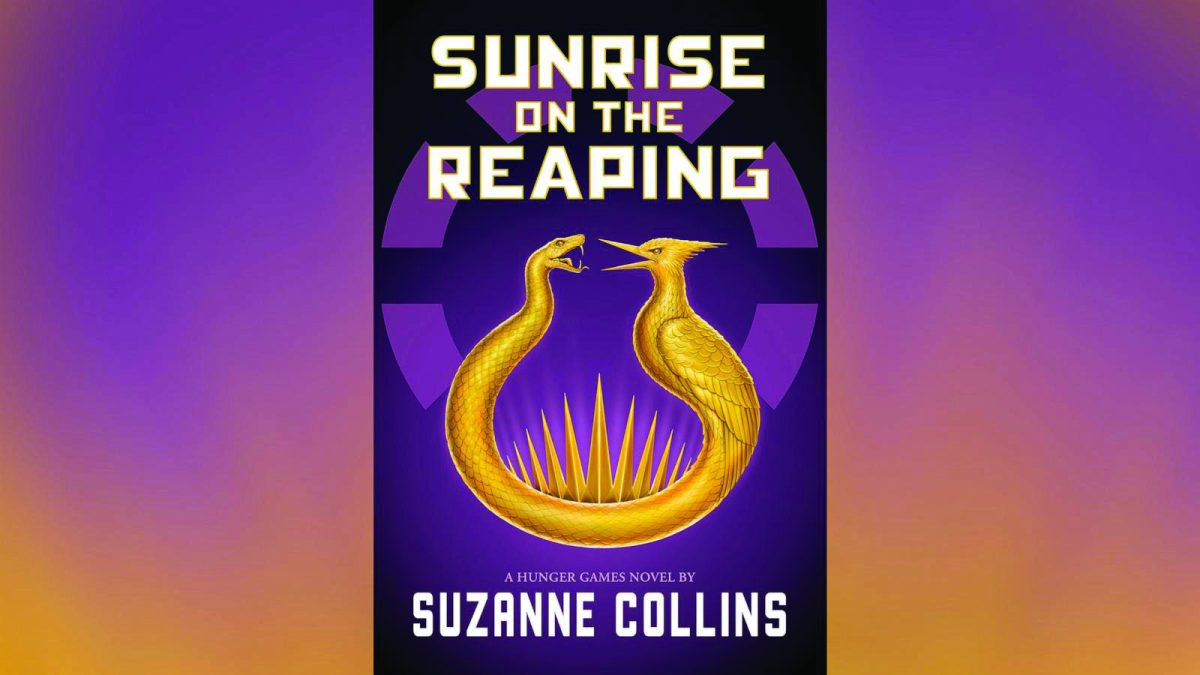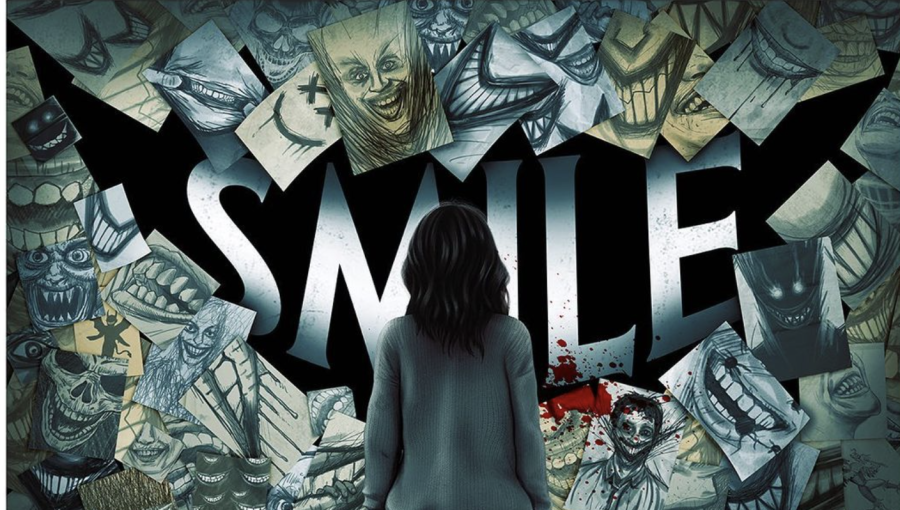The second film in 2012 about the sixteenth President of the United States has arrived (this one doesn’t tackle his vampire hunting days), and it is supported by a strong script, a strong director and an unbelievable performance by the leading man, played by Daniel-Day Lewis.
The film, instead of following Lincoln throughout his whole life, focuses solely on the president during the Civil War, as he is trying to get the 13th Amendment ratified. However, he is not met with open arms by everyone, and he takes matters into his own hands.
The film is a magnificent collaboration of actors: you have Sally Field playing the president’s wife, Jared Harris as a somber Ulysses S. Grant, and Tommy Lee Jones playing a delightful curmudgeon as always.
Joseph Gordon Levitt even shows up for a few scenes, playing Lincoln’s eldest son Robert, a boy who wants to enlist in the war but is denied by his family. James Spader delivers a delightful performance as a businessman who’s been hired by the president’s cabinet to try and buy some of the Democratic votes in Congress to pass the bill.
But the real star of the film is Daniel-Day Lewis playing Abraham Lincoln. Lewis is absolutely incredible in the role, so much so that you forget in a matter of minutes that he’s acting. He embodies the role of Lincoln, whether he is delivering speeches to the people about the war, comforting his wife or telling a humorous anecdote that connects to the current situation.
He feels the way I would expect Lincoln to be: wise, funny and unbelievably courageous, but still vulnerable. It will be no surprise come Oscar nominations to see Lewis’ name up for an award for Best Leading Actor.
In addition to a superb cast, the film also flaunts two other staples of a Spielberg film: John Williams, as always, in top form composing the original score, and cinematographer Janusz Kaminski, who has worked with Spielberg on Schindler’s List and Saving Private Ryan.
After formally stating he’s done with action films, Spielberg’s Lincoln is an excellent way for him to begin his drama-only career. It is smart, funny and, above all, respectful to Abraham Lincoln as we see him face challenges we ourselves could never comprehend. This includes those moments which make him more human: the loss of a son and maintaining a united family even in adversity.
He is a man that seemed greater than us, but he was still only a man. And that is what makes Lincoln so noteworthy.










